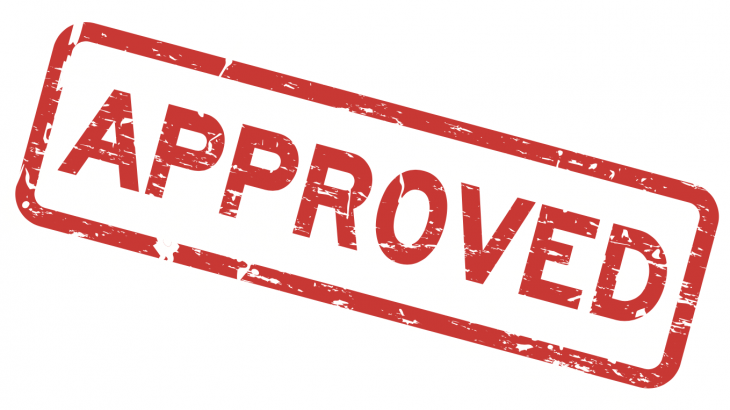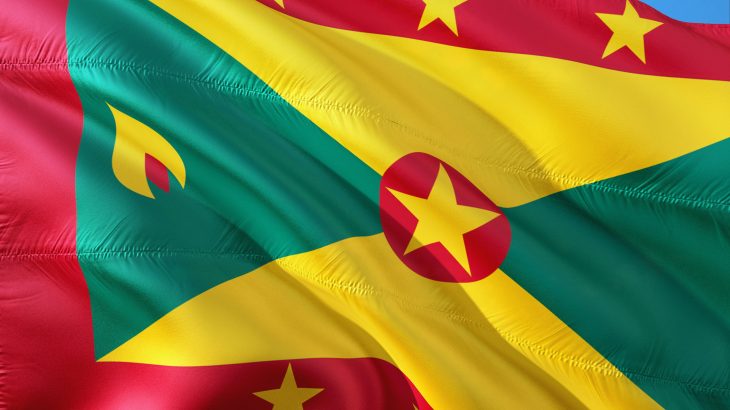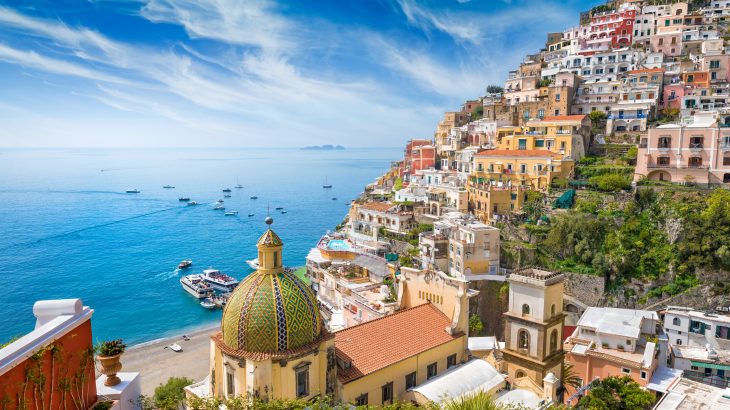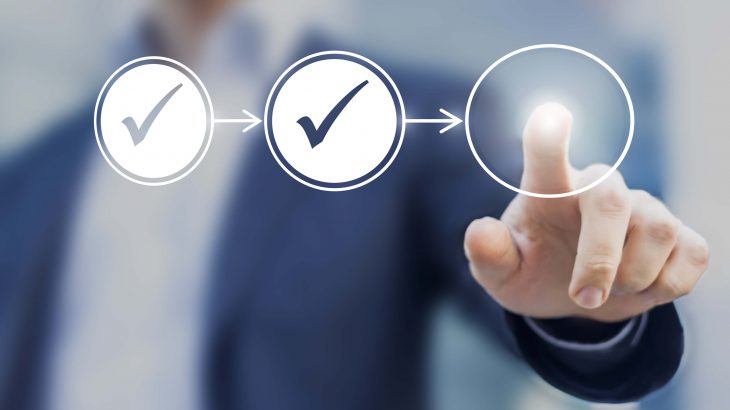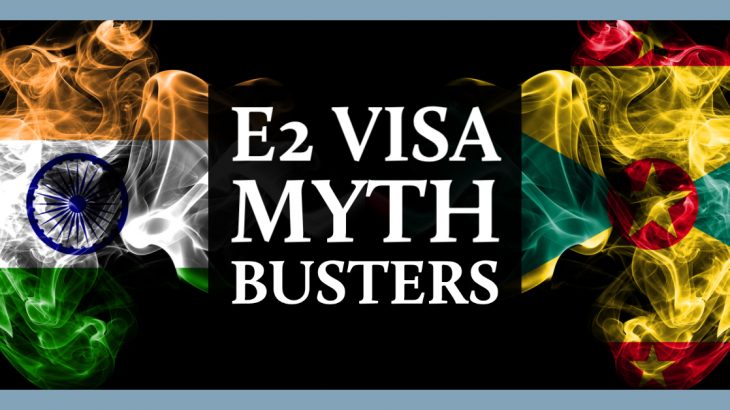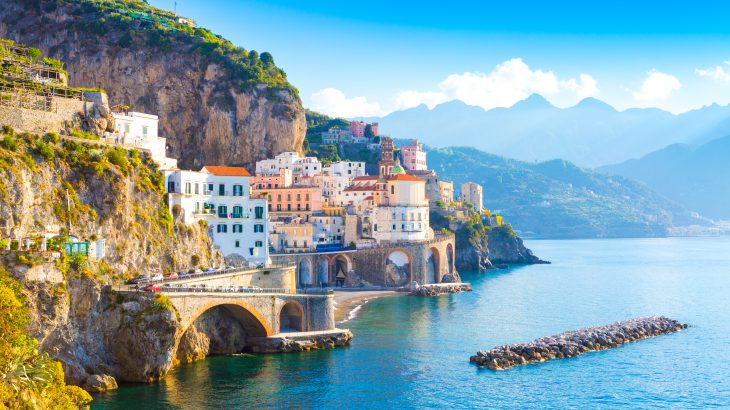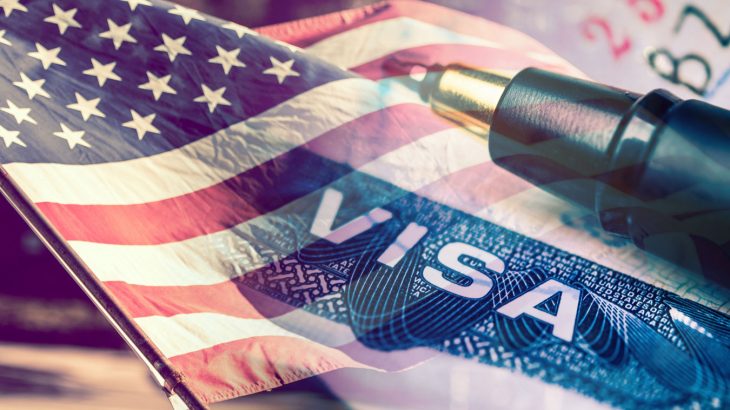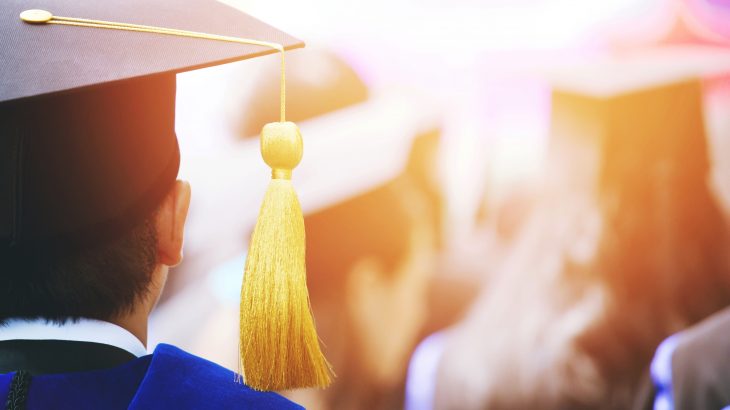By Global Director of Client Relations, Davies & Associates
Recent months have proven to complicate matters for those seeking to travel to the United States. This is especially concerning for those that have serious matters to attend to within the United States – whether it be issues related directly business, academics or family.
On July 20th, 2020, the US Embassy and Consulates General in Italy resumed certain immigrant and non-immigrant visa processing services – including appointments for treaty-investors, exchange visitors and students, as well as athletes and entertainers. This is also true for the US Embassies Consulates in other European locations, with certain exceptions – such as Paris, London and Belfast.
While there is still much uncertainty surrounding the existing travel bans as it applies to foreign nationals and specifically those in the Schengen region – it seems that some US Embassies and Consulates, as well as US Customs and Border Control authorities are beginning to provide practical guidance and potential pathways that permit temporary travel into the United States.
On July 15th, 2020 certain travelers from Schengen countries, including Italy, were permitted to resume travel into the United States through the National Interest Exemption. In order to be granted permission to travel from the Schengen region, an applicant must submit a National Interest Exemption request directly to the respective Consulate.
The National Interest Exemption (“NIE”) is best applied to those that are seeking to travel to the United States as Students (F1 and M1 visas), Researchers (J1 visa), Investors (E2), or for temporary business matters (B1 or ESTA).
To be considered for the NIE it is necessary that you qualify for one of the exemptions listed in the Presidential Proclamation, summarized below:
ECONOMIC BENEFIT EXCEPTION. An applicant must prove that the temporary travel to the United States will provide substantial economic benefit to the US economy. Qualified applicants through the national interest exception may include:
- Technical experts and specialists
- Senior-Level managers and executives
- Professional athletes, dependents and essential staff
- Treaty-investors and traders
ACADEMICS & STUDENTS. An applicant should be participating in a bona-fide exchange program or full-time course of study. Qualified applicants through the national interest exception may include:
- Full-time students
- Professors
- Research Scholars
- Short-term Scholars
- Other specialists
I have a valid ESTA, can I travel to the United States?
If you have a valid ESTA and are coming from the Schengen region you still need to apply for the National Interest Exception (NIE) in order to be granted permission to travel.
I have a valid B1, E2, J1, O1, or F1 visa – can I travel to the United States?
If you hold a B1, E2, J1, O1, M1 or F1 visa, you still need to apply for the NIE in order to be granted permission to travel to the United States.
How do I apply for the NIE?
Supporting documentation must be sent directly to the Embassy or Consulate of your region of residence. Contact us today to learn more.
Italian nationals can submit supporting documentation directly to the respective Consulate – please contact our Italy Practice Team today.
What documents do I need to apply?
This will depend on your local Consulate, however, basic documentation is required (i.e. biographic page of passport, proof of valid US visa or ESTA) as well as supporting documentation in English demonstrating your qualifications for the NIE as well as purpose for travel.
How long does it take to apply for the NIE?
Generally, 30-business days, however, this depends on your local Consulate. As discussed above, as of July 20th, the US Embassy and Consulates General in Italy resumed certain immigrant and non-immigrant visa services. It is very likely that there will be increased wait-times and substantial processing backlogs, so if you believe you qualify, it is encouraged to apply as soon as possible.
Can I include my dependents on the NIE application?
Investors, students and other academics can also include dependents in the NIE request.
I am in the United States, can I apply for the NIE?
No – the consular sections cannot accept NIE requests for those that are physically present in the United States.
How long is the NIE valid for?
Travelers permitted to enter the United States through the national interest exception must do so within-30 days of the approval. This is valid only for a single-entry into the United States.
The total permitted stay will depend on the permitted duration of stay granted by the US Customs and Border Protection officers at the port of entry.
Is the NIE process complicated?
Since US consulates and embassies are just starting to re-open for routine processing of US visas, the NIE requests are fairly new and untested. We highly encourage you speaking with a qualified US immigration attorney to obtain a free consultation for this matter.
This article is published for clients, friends and other interested visitors for information purposes only. The contents of the article do not constitute legal advice and do not necessarily reflect the opinions of Davies & Associates or any of its attorneys, staff or clients.

























